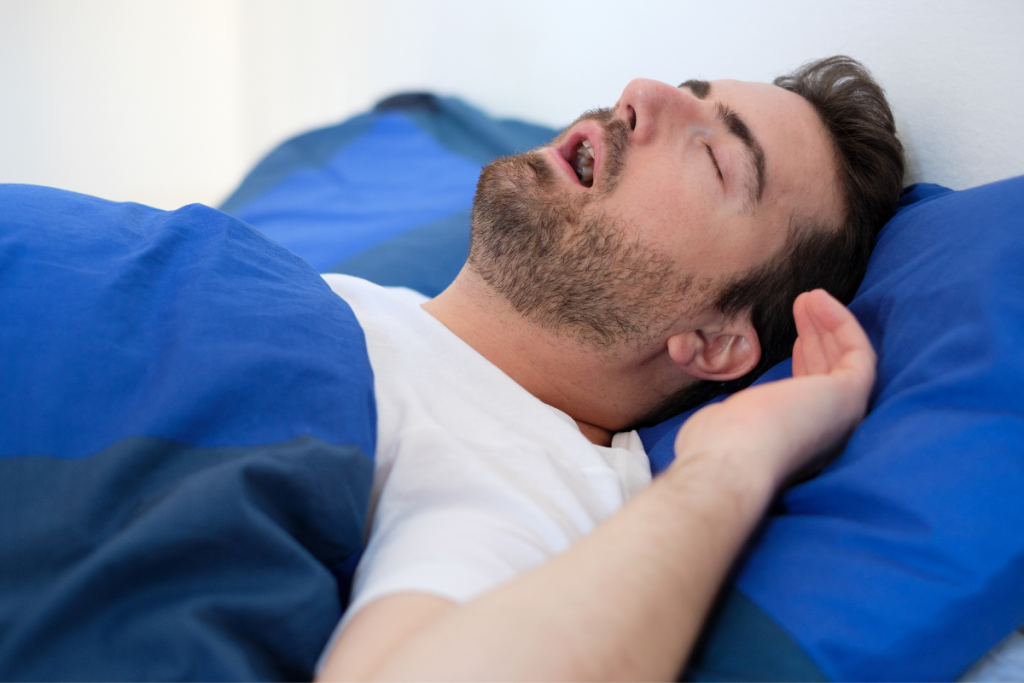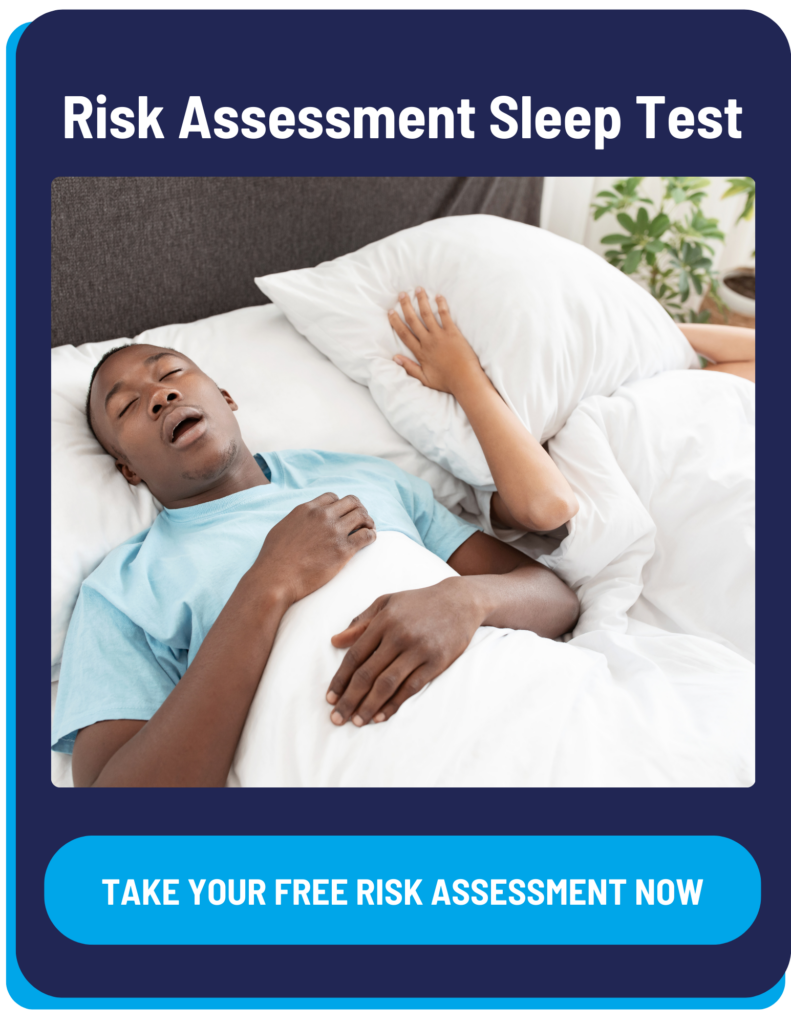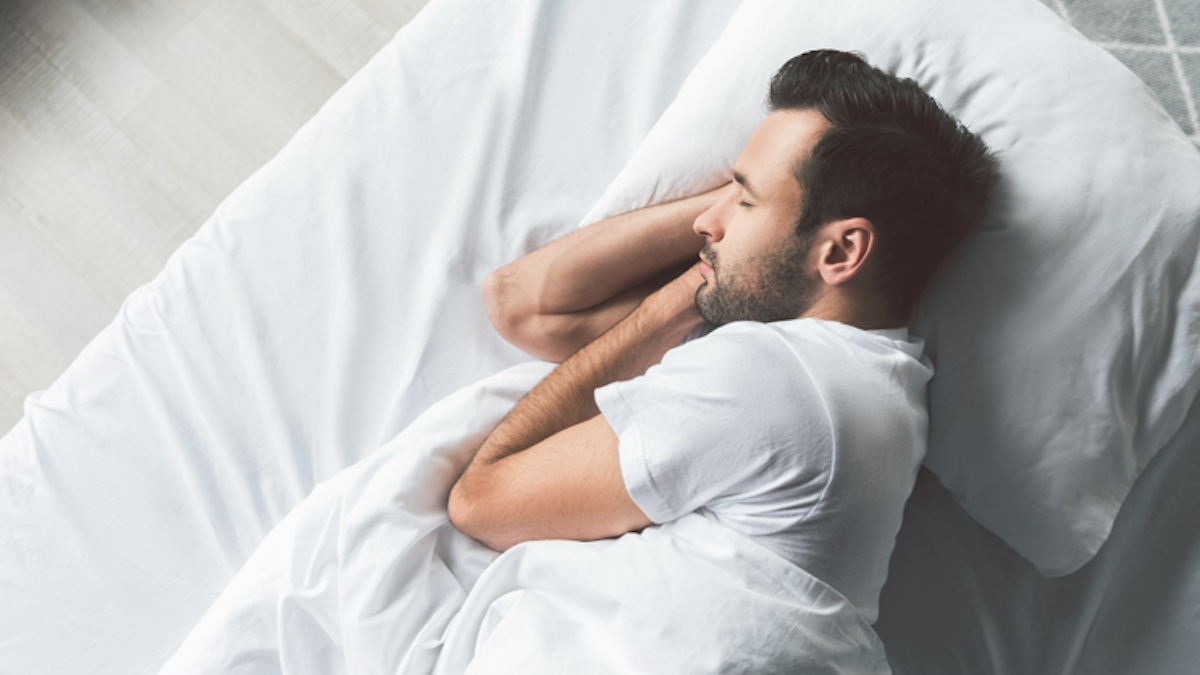Sleep apnea can occur on a wide spectrum from very severe cases that may require surgery to moderate cases that can be easily treated with CPAP. However, it is not always clear how to treat the mildest cases of sleep apnea. Is CPAP necessary?
Because every sleep apnea patient is different, diagnosis is usually the best path for determining treatment.
What is Mild Sleep Apnea?
The American Academy of Sleep Medicine defines mild sleep apnea as sleep that is interrupted five to 15 times per hour.1 When a patient experiences more frequent “apneas” throughout the night, then the condition is most likely more severe.
A mild sleep apnea diagnosis means that you experience fewer breathing interruptions per hour of sleep than someone with moderate or severe sleep apnea. While CPAP therapy is also used to treat mild sleep apnea, it’s not always necessary. Lifestyle changes may be enough to help you manage a mild sleep apnea diagnosis.
How is Mild Sleep Apnea Diagnosed?
All types of sleep apnea are diagnosed the same way: a sleep apnea test. Sleep apnea tests can occur in a lab setting where a patient’s symptoms are carefully monitored by sleep technicians. A sleep test can also be more conveniently can be conducted as a home test, which is easier and less expensive.
Can A Home Sleep Apnea Test Detect Mild Sleep Apnea Test?
Home sleep apnea tests are as accurate as sleep lab tests. Using extremely sensitive equipment, key aspects of a patient’s sleep are carefully measured. The number of sleep disruptions per hour is calculated and also recorded to determine the severity of every sleep apnea for the patient.
- With the Complete Care Package, schedule a 10-minute telehealth visit with a healthcare provider to discuss your symptoms, upcoming sleep study, test results, and treatment options.
- A multi-night, disposable home sleep apnea test is mailed to your home to be completed at your convenience.
- A physician analyzes the sleep data and provides a prescription if needed.
- Schedule an optional follow-up appointment (additional fee applies).
- We connect you to sleep experts who can offer customized sleep therapy options, assistance in equipment purchase, and initial set-up.
Advantages and Disadvantages of At-Home Sleep Test
At home sleep tests can be more convenient than in-lab tests. You can take the test on your own schedule in the comfort of your own home.
While at-home sleep tests are easier, they may not test for all sleep disorders. Often an at-home test may be inconclusive if the issues go beyond sleep apnea, which may require an in-lab test as a follow-up.
Tips for Treating Mild Sleep Apnea at Home
In many instances, mild sleep apnea can be managed without special equipment. With a few behavioral changes, patients can enjoy much better sleep. Follow these tips before investing in CPAP to see if your mild sleep apnea can be controlled through smart choices.
- Lose weight. Sleep apnea and obesity go hand in hand.
- Minimize alcohol before bedtime. Alcohol relaxes throat muscles and causes the airway to collapse, aggravating sleep apnea.
- Quit smoking. Smoking inflames the throat tissue and then causes a narrowing of the airway that leads to apneas.
- Sleep on your side or stomach. Sleeping on your back allows your tongue and soft palate to rest against the back of the throat which can stimulate sleep apnea symptoms.
- Change the pillows and mattress. Mattresses and pillows may help alleviate some symptoms of sleep apnea, such as snoring. However, they are not a cure. For more information on how your mattresses and pillows help you with your sleep apnea, refer to our detailed article.
- Sleep in a cooler room. The ideal temperature for sleep is between 60 and 67 degrees Fahrenheit.
- Try pre-bedtime relaxation methods. Meditation and aromatherapy can help relax you and prepare for better sleep.
- Sleep with a humidifier. Moist air prevents your throat and airway from drying out, which can then cause apneas.
Whether mild or severe, it is important to get tested for sleep apnea so that it can be properly treated.
Reference:
1 American Academy of Sleep Medicine. Obstructive Sleep Disorder.




